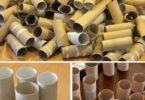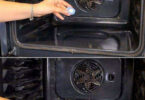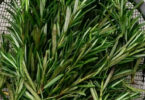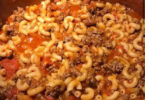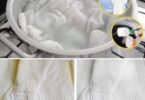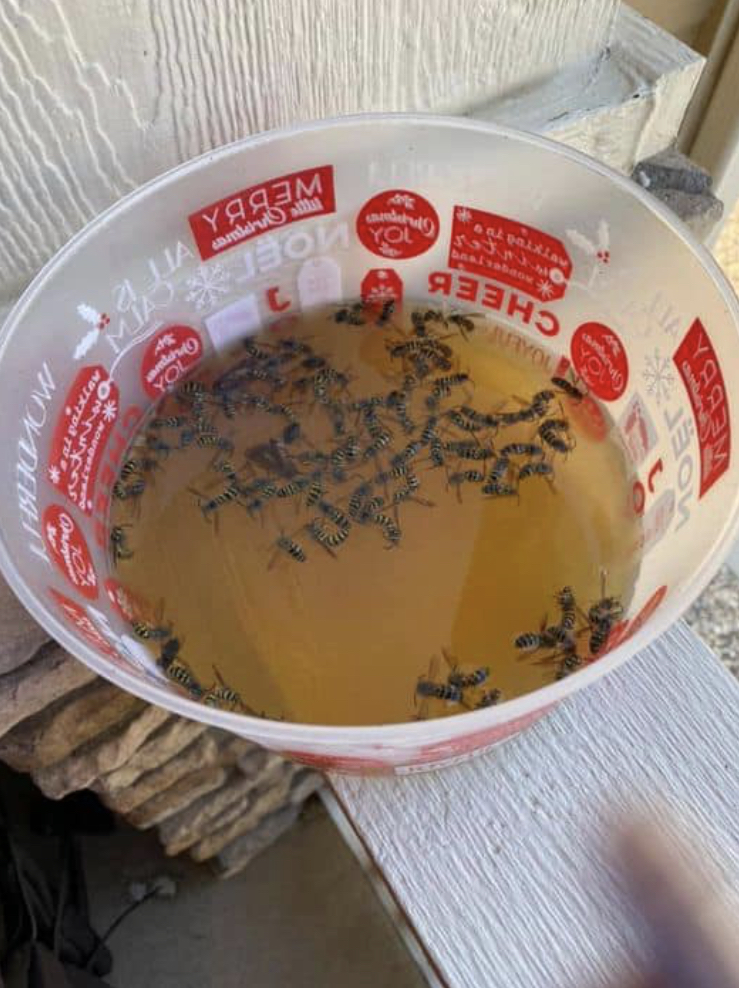
Wasps are a kind of bug that may be annoying as well as possibly dangerous. This is especially true for those who have an allergy to their stings. It is crucial to maintain a secure and pleasurable atmosphere by preventing wasps from entering your house and any outside areas you may have. Wasps may be repelled without resorting to potentially hazardous chemicals or professional eradication thanks to many simple and efficient methods. In this article, we will discuss a variety of techniques and approaches that may be used to ward off wasps.
1. Keep food and trash properly sealed: Wasps are drawn to food sources, particularly those that include sweet and sugary ingredients. Make sure that all of your food and beverages are securely put away and locked in airtight containers so that they cannot be attracted to enter your outside areas. It is important to ensure that garbage cans have secure lids to prevent smells from escaping, which might attract wasps.
2. Clean outdoor eating areas: If you often eat meals or snacks outdoors, you should be very conscientious about cleaning up any spills or crumbs that could occur. Even the slightest pieces of food may attract wasps, so keeping your dining area clean and organized can help prevent them from congregating there. Wasps are drawn to even the tiniest food particles.
3. Avoid wearing bright colors and floral patterns: Bright colors and floral patterns are naturally appealing to wasps because they correlate these characteristics with flowers and possible food sources. When you go outside, it’s a good idea to wear clothes that are light in color and neutral in tone so that you don’t draw as much attention to yourself.
4. Be cautious with fragrance: Wasps are also drawn to strong odors, such as those found in perfumes, lotions, and soaps with a heavy amount of fragrance. When spending time outside, it is best to use items that have no aroma or very little perfume so as not to draw the attention of insects that might be a nuisance.
5. Secure garbage and compost bins: Wasps will not be able to get into your waste or compost if you take the time to ensure that the containers are well-sealed. If you want to prevent wasps from entering your container, you should think about choosing lids that have a snug fit and locking them with bungee cords or some other kind of fastening mechanism.
6. Keep outdoor areas clean and tidy: Wasps are drawn to waste and litter because these environments may offer excellent breeding locations for them. Regularly inspect your outdoor spaces and remove any potential nesting materials such as piles of wood, fallen branches, or old equipment. Wasps may be discouraged from forming colonies in the area if the surrounding area is kept clean and properly maintained.
7. Install wasp-repelling plants: Some plants have a strong scent or other deterrent features that naturally keep wasps away. Plants like mint, eucalyptus, citronella, and wormwood may deter wasps from your garden and other outdoor areas. These plants are not only attractive, but they also serve as natural pest deterrents.
8. Hang fake nests: Wasps are very territorial bugs that will avoid regions where they believe there are competing wasp nests. To prevent wasps from establishing nests on your property, place imitation nests in prominent spots to give the impression that the area is already in use.
9. Use wasp deterrent sprays: You may get commercial wasp repellent sprays with components like peppermint oil and clove oil on store shelves. These sprays provide odors that are offensive to wasps, deterring them from entering your home. Always read and follow the manufacturer’s directions when using a new product.
10. Make use of traps: You can set up wasp traps to capture and eliminate individual wasps in your immediate area. Typically, these traps contain a tasty liquid or enticement that lures wasps into the trap, where they become ensnared and unable to escape. Remember to position the devices at a safe distance from your living and working spaces.
11. Hire a professional: If you have a severe wasp infestation or are unsure of how to handle them on your own, you should contact a professional pest control company. They have the knowledge, experience, and equipment to remove wasp nests safely and provide long-lasting solutions to keep your residence wasp-free.
